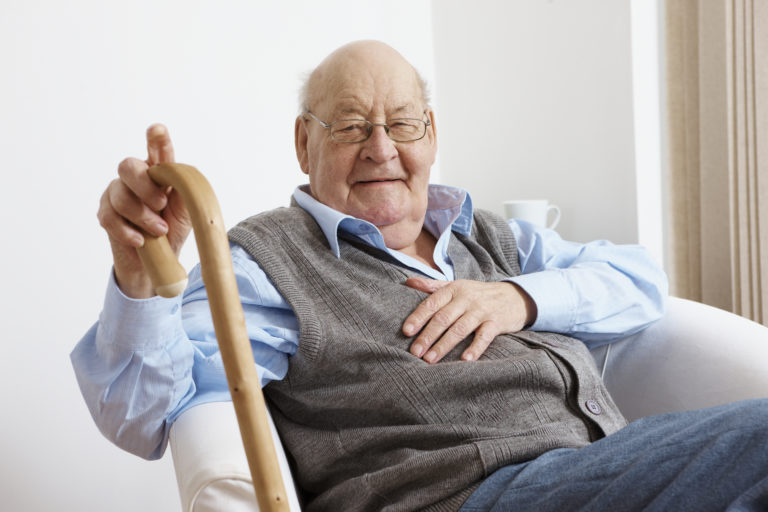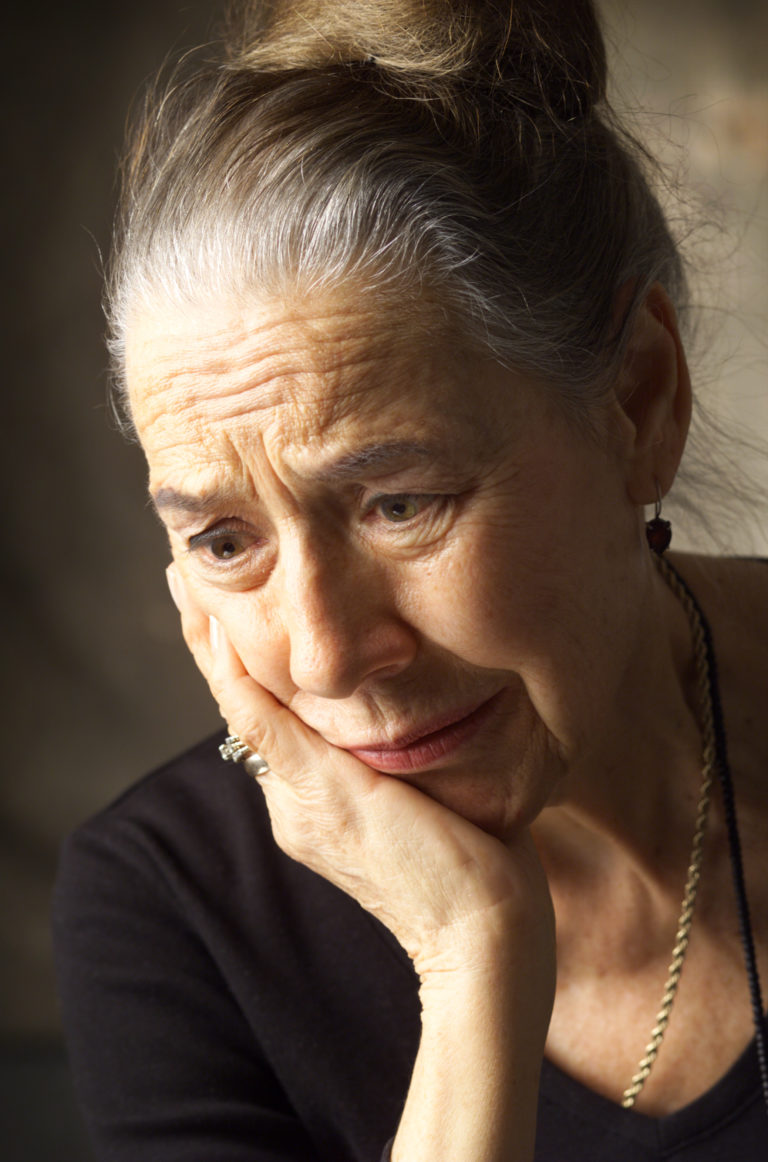
Are You a ‘Super-Ager’?
When people talk about “aging gracefully,” they’re usually referring to physical appearance. However, you can also have a gracefully aging mind.”

When people talk about “aging gracefully,” they’re usually referring to physical appearance. However, you can also have a gracefully aging mind.”

So how does one clean the brain? According to a study published in the journal Science, prioritizing sleep could be the key to eliminating toxins.

Do you expect your parents to leave you a financial legacy? Nearly half of working-age Americans assume that they will receive an inheritance that will support them later in life, according to a survey by financial services company HSBC. Perhaps the bigger question, though, is how to even approach this topic with your parents.

Amid headlines of COVID-19 infiltrating nursing homes and large senior care facilities, it’s understandable that many Americans would prefer to avoid assisted living environments as they grow older. However, the trend to age in place predates the pandemic. Remaining at home was the first choice for 76% of Americans age 50 and older, according to a 2018 AARP survey.

Without an estate plan in place, clients will be reliant on state laws and probate courts to appoint individuals who will be responsible for financial affairs and health-care decisions, in the case of illness and ultimately the transfer of assets upon death.

A new study has identified a possible link between negative repetitive thinking and the key signs of dementia.

No one likes to think about the end of their life, but it’s an important topic that many people put off until it’s too late.

A trust is often only as good the trustee in charge of it. Read on, as we examine the important role of the trustee and discover how to make sure yours is acting correctly, especially with complex instruments like insurance.

External events that cause reflection are good reminders to update estate planning documents.